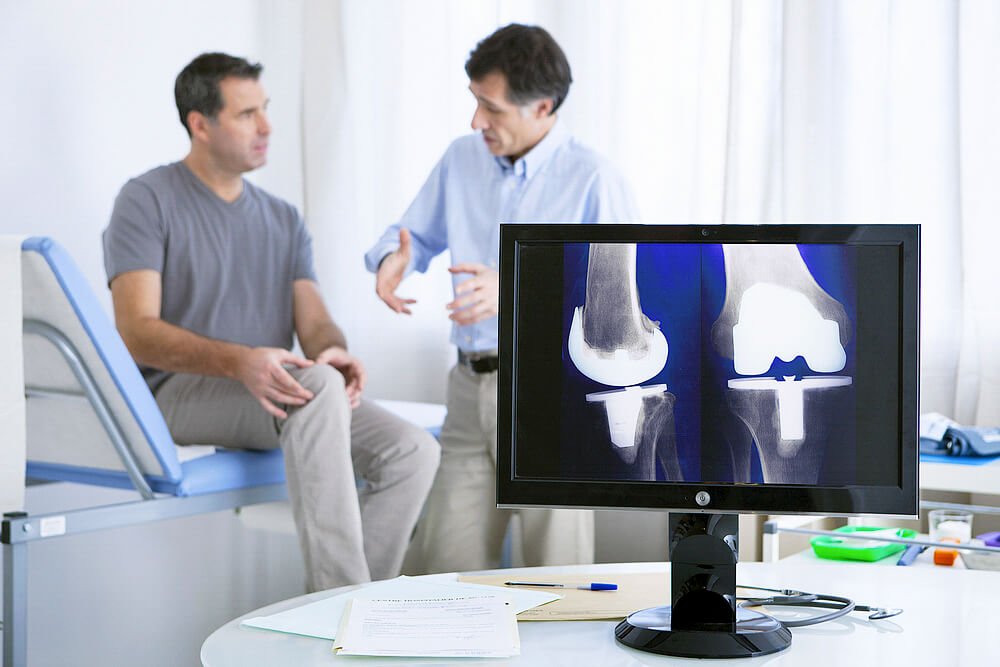Warning signs and things to report to your doctor

The complications above are not very difficult to detect, and patients have an important role in reporting warning signs and symptoms. So, one of the most important recommendations we can give you to facilitate your recovery is to keep in mind and report these symptoms as soon as possible if they ever appear:
● Redness and swelling: This can be a sign of infection. The wound is usually swollen and red when you are still in the hospital. Take a look often and compare how it looks. Report to your doctor right away if you notice worsening in the general appearance of the wound.
● Stiffness: It is normal to experience some stiffness after surgery as your body gets used to the new prosthetic part. However, the sensation of stiffness will slowly go away and will probably resolve entirely after one or two months. If you see no advances and still experience stiffness after a long time, you’re likely not doing rehab correctly, or your body is forming excessive scar tissue. Report this concern to your physiotherapist and doctor.
● Persistent knee pain: You will be prescribed with painkillers after surgery, and pain is normal if you don’t take them. But it shouldn’t persist for months. If you still have knee pain after two months, there is probably something wrong with the prosthetic knee, or you may need a change in your treatment plan. Talk to your doctor about it to figure out what is happening.
● Instability: As mentioned above, you may need some time before your body adapts to the knee replacement. However, instability is expected to improve with rehabilitation. It is a slow but progressive improvement, and you will soon walk normally. If this is not happening, your doctor may need to rule out implant failure, especially if you endured a fall or had a fracture after knee replacement surgery.
